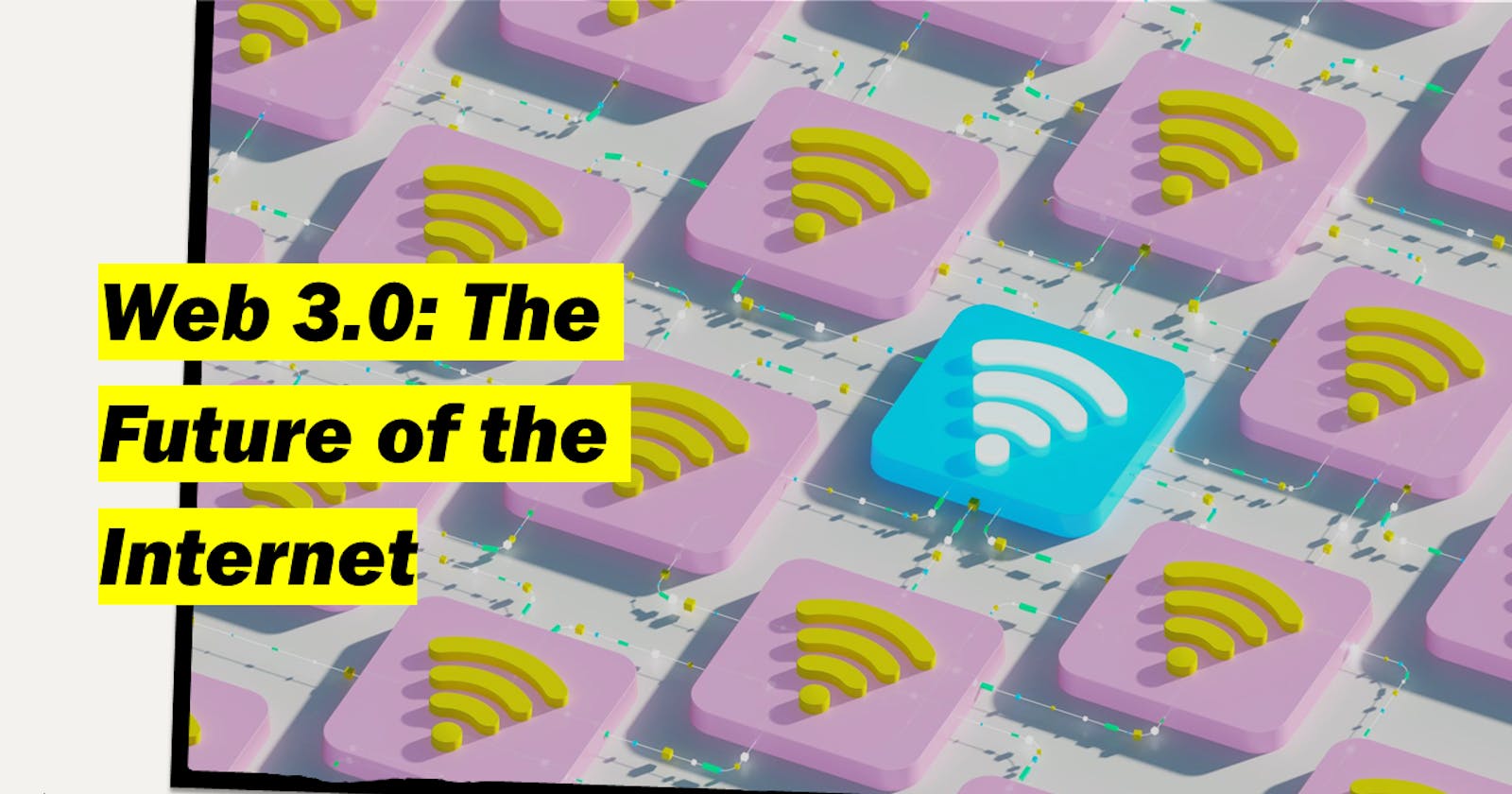The internet has come a long way since its inception in the late 1960s. From the early days of dial-up connections and static websites, we have seen the emergence of social media platforms, online shopping, and streaming services that have transformed the way we communicate and consume information.
But what lies ahead for the future of the internet? Enter Web 3.0, a term that has been coined to describe the next evolution of the internet.
So, what is Web 3.0?
Web 3.0 refers to the next generation of the internet, which is expected to be more intelligent, interactive, and personalized. It will be powered by artificial intelligence (AI) and machine learning algorithms, which will enable websites and apps to understand user behavior and provide personalized recommendations and content.
Web 3.0 will also be more interconnected, with devices and platforms able to communicate with each other seamlessly. This will enable the creation of new applications and services that can take advantage of the internet of things (IoT) and create a more connected world.
How will Web 3.0 impact us?
Web 3.0 has the potential to revolutionize the way we interact with the internet and each other. Here are a few ways it could impact our daily lives:
Personalized recommendations: Web 3.0 will be able to analyze user behavior and provide personalized recommendations for products, services, and content based on their interests and preferences. This will make it easier for users to find what they are looking for and reduce the time spent searching for information.
Improved search results: Web 3.0 will use AI and machine learning to understand user intent and provide more accurate and relevant search results. This will make it easier for users to find the information they need and reduce the time spent sifting through irrelevant results.
Enhanced online security: Web 3.0 will use advanced security measures to protect user data and prevent cyber attacks. This will help to keep user information safe and reduce the risk of identity theft and other online crimes.
Increased automation: Web 3.0 will enable the automation of tasks and processes, making it easier and more efficient to complete tasks online. This will save time and increase productivity for both individuals and businesses.
Conclusion
Web 3.0 is still in its infancy, but it has the potential to transform the way we interact with the internet and each other. With advanced AI and machine learning algorithms, personalized recommendations, improved search results, enhanced online security, and increased automation, Web 3.0 has the potential to make our lives easier and more convenient. It will be interesting to see how this evolution of the internet unfolds in the coming years.
